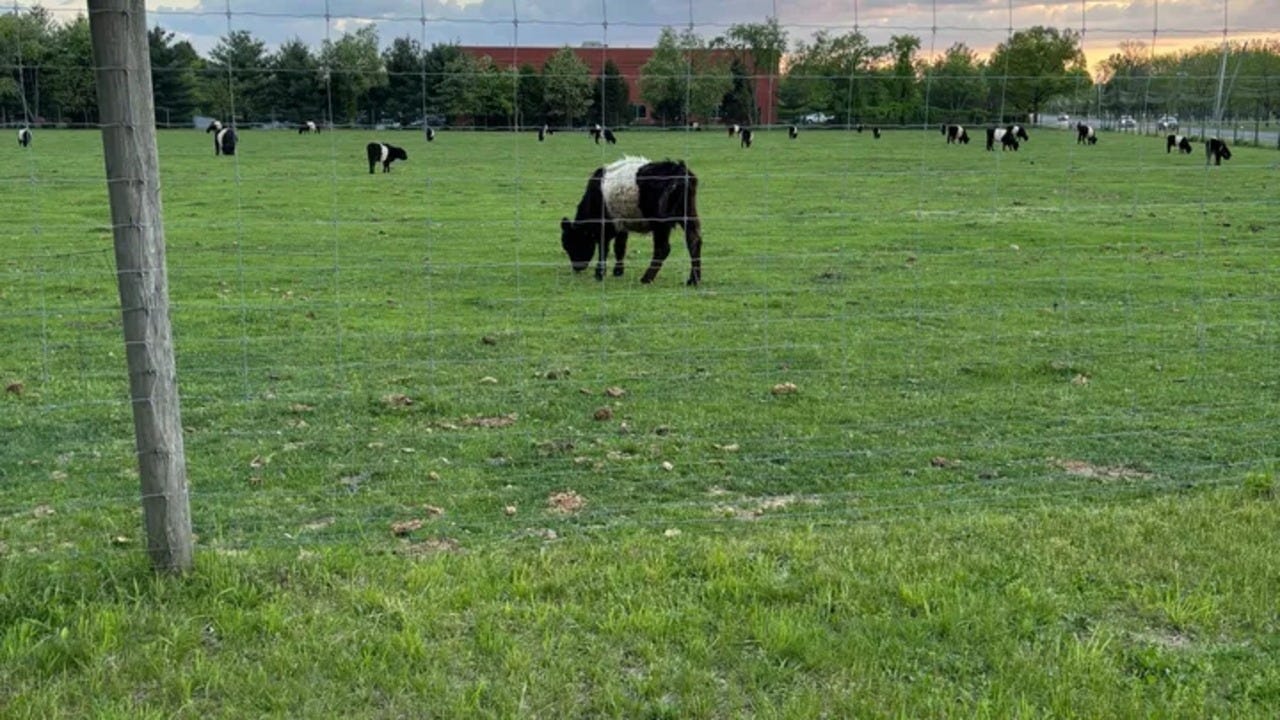“Pandora’s box”: Federal interest in NJ farm case exposes high stakes for American farmland
Agriculture Secretary Rollins, local advocates say seizing 175-year-old Henry farm for affordable housing could trigger a nationwide trend.

Federal intervention in New Jersey farm dispute underscores high stakes for farmland rights nationwide
Seizing the Henry farm in Cranbury, New Jersey for affordabl…



